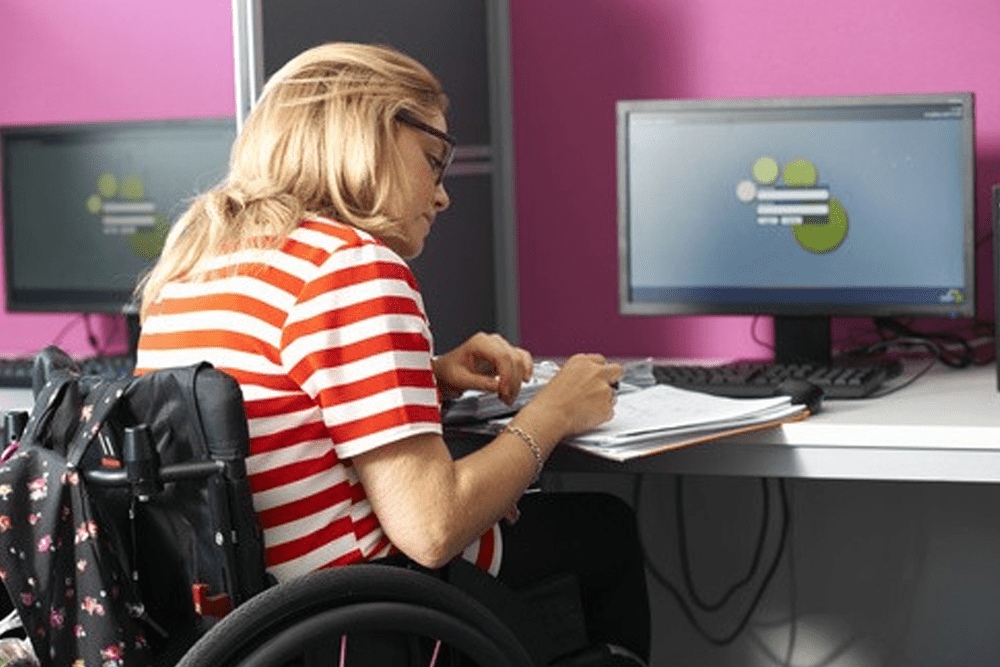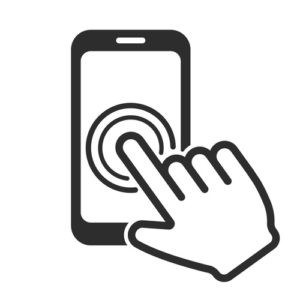Study skills are more than just knowing how to organise school work. They help us find ways to enjoy and feel confident about what we’re learning. Good study skills are ones that work best for you. This page has tips, advice and ideas to get you started.

Everyone is different. How you study![]() best will be individual to you. Here are some suggestions you might find helpful if you’re trying to find what works best for you.
best will be individual to you. Here are some suggestions you might find helpful if you’re trying to find what works best for you.
Feeling worried about exams is very common. A certain level of stress can help us focus. However high levels of stress over a long period isn’t helpful.
Why does it happen?
Some things that can help during this time.
We study best when we feel healthy. Sometimes it’s easy to forget to do the basic things that help us stay fit and healthy.  We might be busy or not feel motivated. It sometimes helps to build activities into our daily or weekly routine. Here are just a few things you can try that can make a difference to how you feel.
We might be busy or not feel motivated. It sometimes helps to build activities into our daily or weekly routine. Here are just a few things you can try that can make a difference to how you feel.
We all have mental health as well as physical health and it’s important to look after both. We can study better when we feel mentally healthy.
 There are some things we can all do to help us look after our mental health.
There are some things we can all do to help us look after our mental health.
We all need a break from studying! Most people have family or friends they like to spend time with.  We’re not all the same, some people like to spend lots of time with other people while others prefer to spend most of their time alone. Many people like a mixture of both! Whatever you prefer is right for you. Try not to compare yourself with your friends, do what feels right for you.
We’re not all the same, some people like to spend lots of time with other people while others prefer to spend most of their time alone. Many people like a mixture of both! Whatever you prefer is right for you. Try not to compare yourself with your friends, do what feels right for you.
Young Devon can help you develop new skills and to get some qualifications
The NCS is a summer scheme for 16-17 year olds that can help you meet people and learn new skills.
Online courses in digital and programming skills.
Short online creative arts and media courses.
Online music courses
Subject Resources to help with home learning.
Information about the 16-19 Bursary Fund
Page reviewed: April 2024
Page due for review: April 2026
DiAS (Devon, Information, Advice and Support) supports children and young people aged 0-25 with special educational needs and disabilities (SEND), and their parents and carers.
Helpful links
Contact us
Legal
© 2025 Devon Information Advice & Support
Searching...